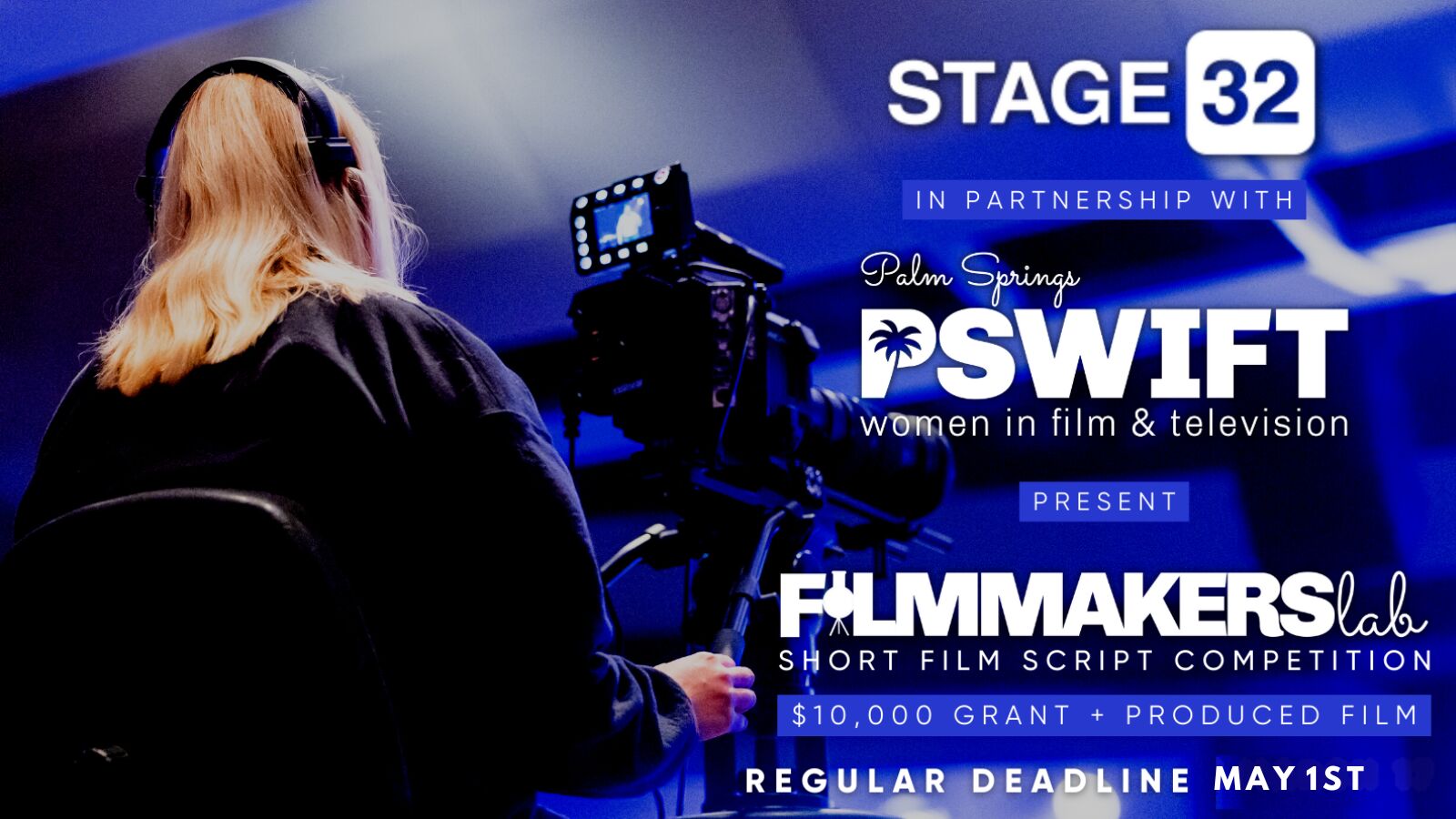Hey all,
I had some feedback on my script that I should 'show' more than 'tell.'
To my knowledge, I 'tell' way too much, to show that a character is a rough, bad boy type, I write, "He's the rough bad boy type. His friends know him as that."
Instead of showing: "He lights up a cig in front of the girls."
Just an example.
Do you all think this is necessarily better? Is this considered better script writing?
Personally, I always felt that a script does its job when the reader can actively visualize how it plays out as a movie.
I tried reading one of those supposedly great unproduced scripts online and I had absolutely no idea what was going on in the first few pages as I had no movie to visualize it with.
So, I kind of think 'telling' is a good thing, makes it straight forward.
What do you all think?



Art is subjective. Some will like your writing style, others will dislike it. You can make a case for Aaron Sorkin's writing style to have some truly memorable speeches, while someone else can gripe that his characters are too verbose and transparently reveal their innermost thoughts out loud in an obvious manner.
I think it depends on who reads your screenplay, but I personally like an equal mix of show and tell. A screenplay should give me a great idea of what the story is about, while leaving some blank room for my own mind to fill in.
1 person likes this
Alden, I haven't seen the feedback you've received nor the script in reference to the feedback but do you think the "show, don't tell" comment is referring to character descriptions?
It's generally considered that a character description is the one place where you can ignore the so-called "rules" because it's more of a cue for the actor. Whenever I review a script for feedback, I generally ignore character descriptions unless it includes things like hair and eye color and specific clothing when not relevant to the story.
There are many reviewers of different caliber and some know how to deliver good, constructive feedback and some are simply passing on misinformed advice. "show, don't tell" comments are usually in regard to action lines but if someone is giving this advice for your character descriptions, then I would suggest you seek further feedback.
2 people like this
Like with surgery, get a second opinion. If both surgeons...readers rather give you the same diagnosis, then maybe...A third opinion can't hurt either.
2 people like this
Well, "show, don't tell," a commonly used phrase, typically means to use action to convey characters or information instead of straight-up "telling" your reader, or using a lot of dialogue (talking heads) when one line of action will do. So the phrase can imply that the writing, or a particular scene, is extraneous or overwritten. It can also imply that characters are saying exactly what they think or want or feel instead of "doing" or expressing through their action. However the phrase "show, don't tell" itself has become so common that it's rather redundant and often not helpful. It's become a blanket statement of advice. So it is best to break down the specifics of your script, your creative intent, the feedback, etc—as others have already said—and consider everything within specific context. ;)
3 people like this
Authors tell their stories and we show are stories. Movies are moving action so you want to tell as much as you can through action instead of just having your characters just tell us the story. The example you gave is character description and like Pierre said that is the one place you can say something we do not see on film.
3 people like this
Thanks guys!
My friend who checked it out for me does more plays and some directing of shorts, so I think to him showing is more important.
Definitely liking the comments here, especially how it's all about subjective.
1 person likes this
Film started as silent. Think if you could do a thing visually. It is ultimately better to show someone acting in a loving way to someone, a hug, touching their hand as pass, a loving stare, then have them say "I love you".